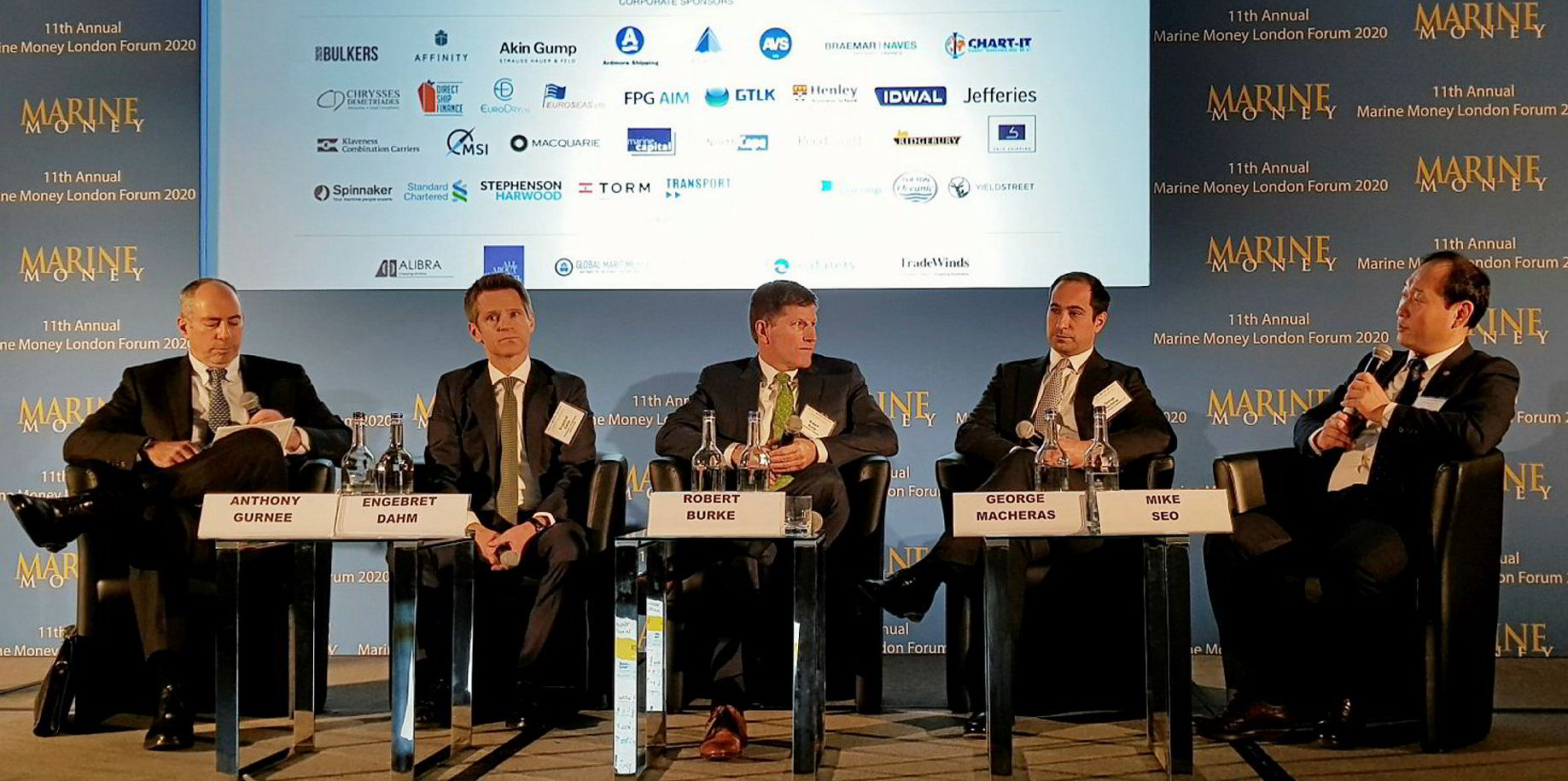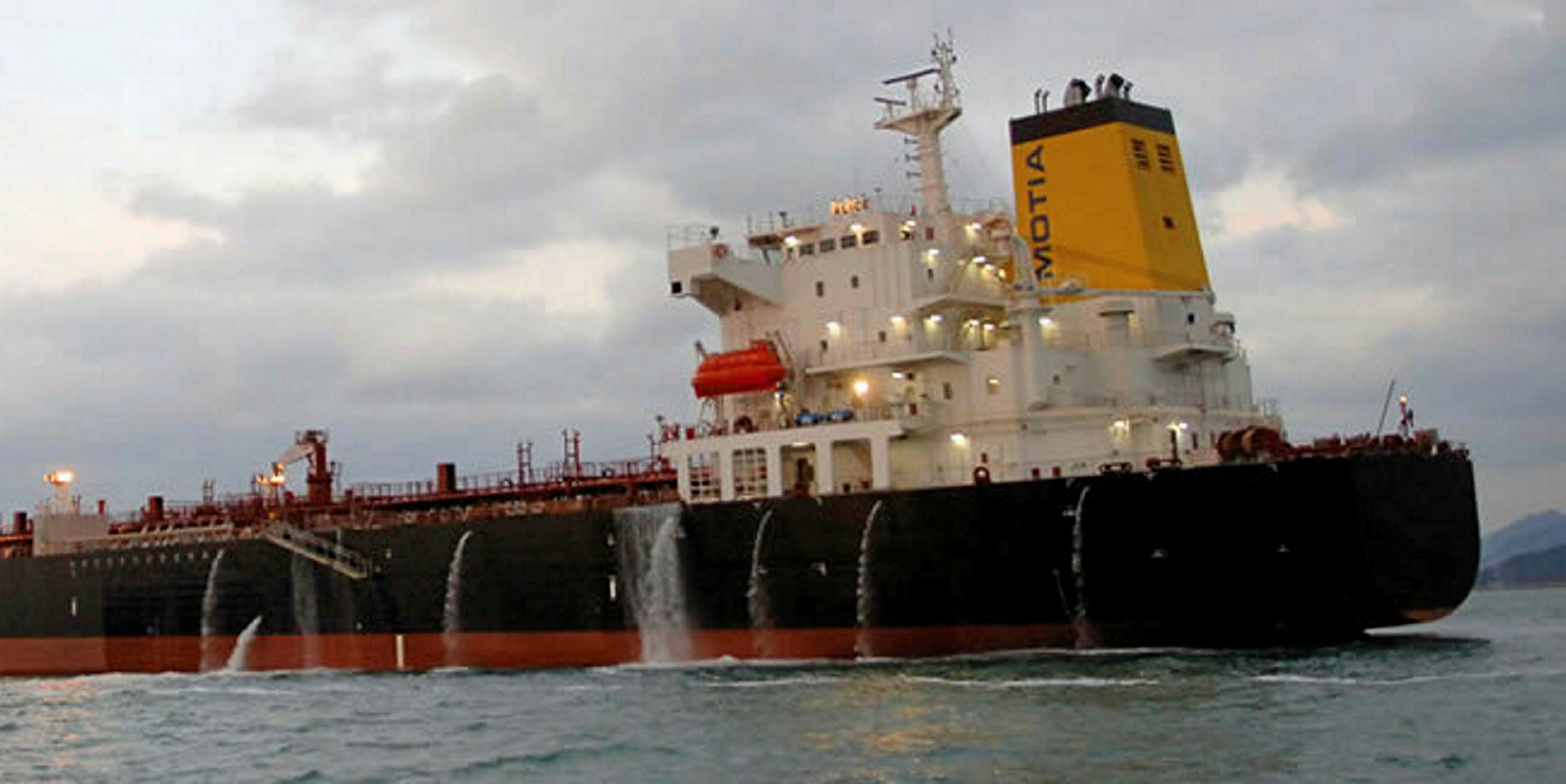Banks will stop offloading portfolios of non-performing shipping loans this year and will likely switch to selling off some of their financing in other areas, according to a leading expert.
Meanwhile, shipping companies can forget about buying back their non-performing loans (NPLs) at a discount from distressed-debt investors that previously acquired them from banks.
These were points raised by Aaron Sen, head of shipping loan management at debt manager Mount Street, while speaking at the Marine Money conference in London on Wednesday.
Sen was previously head of shipping at German bank Nord LB, which is winding up its exposure to the sector.
The sea change in the market for distressed shipping loans follows a narrowing in the spread between ask prices for and bids, Sen told the conference.
Investors that have already bought distressed debt from banks have become "more and more comfortable" with those portfolios, he continued.
This appetite should allow banks to sell on more of their loans in the future, which will probably be performing loans that are outside of the bank's core business, he went on.
This is not so much due to regulatory pressures, as lenders begin to think about the incoming Basel IV regulations, but more down to banks seeing opportunities to make a profit and optimise their balance sheet, Sen said.
In the meantime, funds that have invested in distressed shipping debt are not going to give much away, he continued.
"The advisors as well as the shipowners were hoping to get their shipping loans back at about $0.50 on the dollar or something like that," Sen said.
"There was a lot of talk about that. What I have seen — broadly and in general — is this is not the case."
'Spring cleaning'
Instead, the market could see packages of offshore companies' distressed debt being offered for sale by banks, Sen said.
But such deals have yet to be seen, so the spread between bid and ask prices remains unclear, he added.
Jonathan Ward, partner at law firm Stephenson Harwood, agreed that "banks have finished their spring cleaning" their shipping loan exposure.
Further disposals could hit the market if the world experiences an economic downturn, but the picture remains unpredictable, given the status of relations between the US and China, Ward said.
The sale of individual shipping NPLs will, of course, continue, he added.
The market could, however, see packaged NPLs being offered for sale by Chinese banks, he continued.
Banks in China will have acquired distressed assets over the course of their involvement in ship finance over the past 10 years, especially in the offshore market, Ward said.
"There is not a developed market for selling those loans or leases that have been put in place — and a lot of those leases they regard as financing, sort of debt financing," he explained.
"We haven't seen any trade [of distressed debt from China], so there must be some opportunities there to assist in that process."









